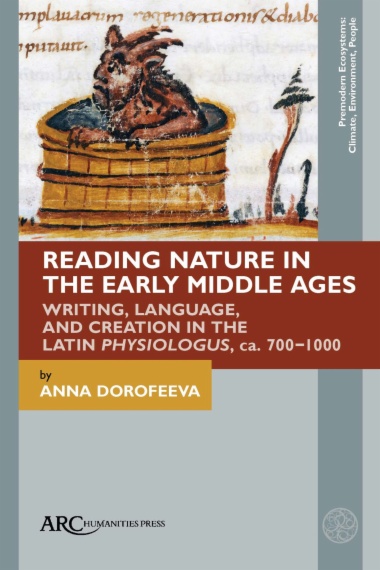This book is a new cultural and intellectual history of the natural world in the early medieval Latin West. It examines the complex relationships between language, texts, and the physical world they describe, focusing on the manuscripts of the Physiologus—the foundation of the medieval bestiary. The Physiologus helped to shape the post-Roman worldview about the role and place of human beings in Creation. This process drew on classical ideas, but in its emphasis on allegory, etymology, and a plurality of readings, it was original and distinctive. This study demonstrates precisely how the early medieval re-contextualization of existing knowledge, together with a substantial amount of new writing, set the course of ideas about faith and nature for centuries to come. In doing so, it establishes the importance of multi-text miscellanies for early medieval written culture.
- COVER
- Contents
- List of Illustrations
- Abbreviations
- Preface
- Introduction. The Physiologus Between East and West
- Chapter 1. The Natural World in the Early Middle Ages
- Chapter 2. The Early Latin Physiologus
- Chapter 3. Miscellanies and Communities
- Chapter 4. Nature and Salvation
- Chapter 5. Nature and Learning in the Tenth Century
- Conclusion
- Appendix I. Descriptive Catalogue of Manuscripts
- Appendix II. Physiologus Families
- Bibliography
- General Index

